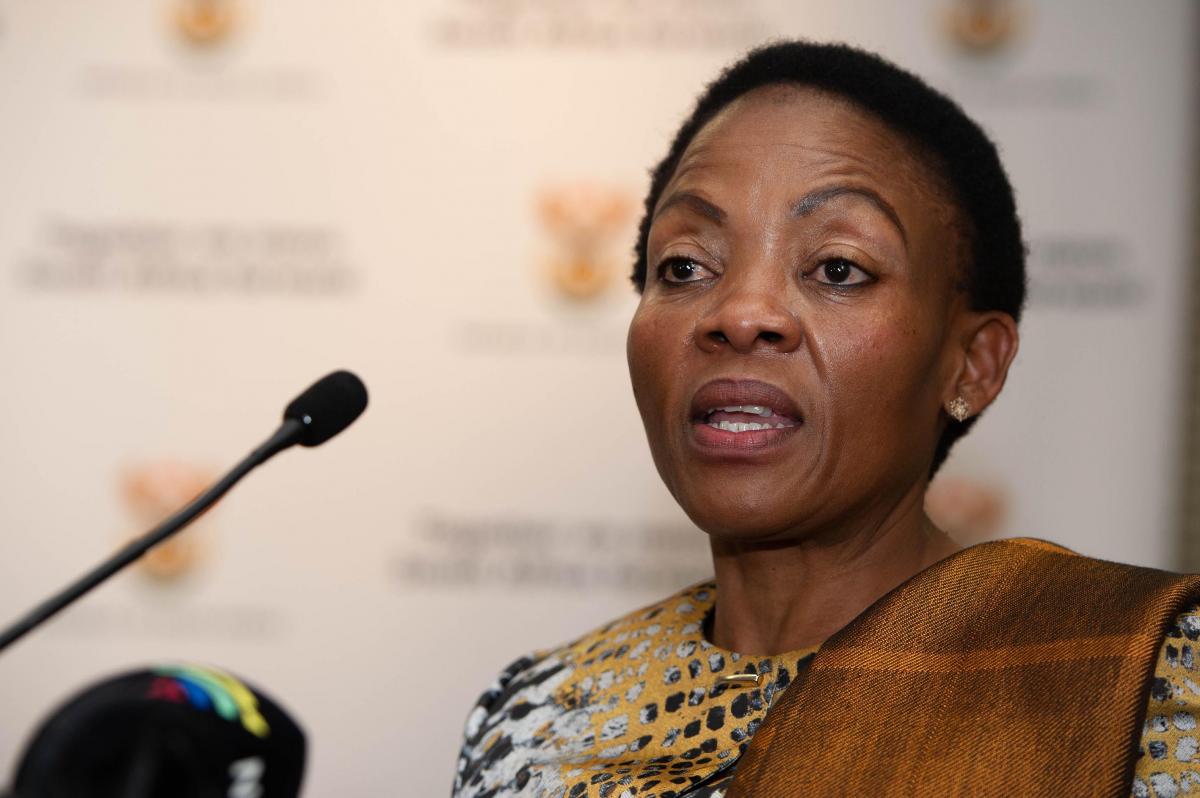The media has a critical role to play against the struggle on Gender-Based Violence (GBV).
This was raised by Communications Deputy Minister Pinky Kekana during a GBV panel discussion which she led with the Deputy Minister of Justice and Constitutional Affairs John Jeffrey.
Discussions were held around GBV and media ethics, and the panel raised concerns about how some of the media reports suggest that someone else is to blame for the abuse rather than the perpetrators.
In her opening remarks, Deputy Minister Kekana said patriarchy and misogyny manifest itself in subtle and persistent ways depriving women the full status in society.
She called on the media to protect the survivor or victim of abuse from further victimisation, especially children, when reporting on GBV stories.
“The media needs to be gender sensitive when reporting on cases of gender-based violence. Instead of saying Pinky was allegedly raped by Thabo, why not write ‘Thabo allegedly raped Pinky,” she said.
Speaking from the justice point of view, Deputy Minister Jeffery asked the National Prosecuting Authority to consider helping the media with guidelines on how to report on issues of gender-based violence.
“The media must also move beyond reporting about numbers but give a more analytical and critical coverage, to give the analysis of the causes and the different impacts of gender-based violence,” he said.
He added that studies have shown that women often experience secondary victimisation from the media through insensitive news reporting.
Gender Links advisor Kubi Rama, who was also part of the panel, said that the media should be mindful of the questions they ask or suggest when writing stories.
She said the fact that when a child has been involved in violent situation the media asks questions like ‘where were the parents?’ raises a very important consideration in media ethics.
Representing the media, Kaya FM Editor Portia Kobue said it is important to contextualise issues when reporting stories, and that the information should be analysed to explain the effects of abuse on victims of survivors.
“How do I frame my story [as a journalist] to allow my viewers or listeners to walk away with something that will have impact on them in terms of how to transform how they think about GBV. Always ask yourself, what is it that I want my readers to take away from the story that I am writing,” she said.
Office of the Press Ombudsman Public Executive Director Latiefa Mobara said the media should never mention the names of the survivors without their permission.
“The media should try their best not to put the survivor at risk even more,” she said.
Mobara said details of rape should not be glorified, and that the survivor’s privacy should always be respected.
Social activist, feminist and Soul City CEO Lebo Ramafoko said the narrative that needs to be changed is shaped by news, adverts and reality shows and fiction in the dramas.
“If we are serious about [fighting against] GBV, we cannot divorce all these forms of media from the narrative that we are shaping. We cannot talk about GBV without talking about the norms in which it exist,” she said.
The panel appealed to the media and content creators to be mindful of how they narrate stories and report on cases of abuse.



 Facebook
Facebook Twitter
Twitter WhatsApp
WhatsApp